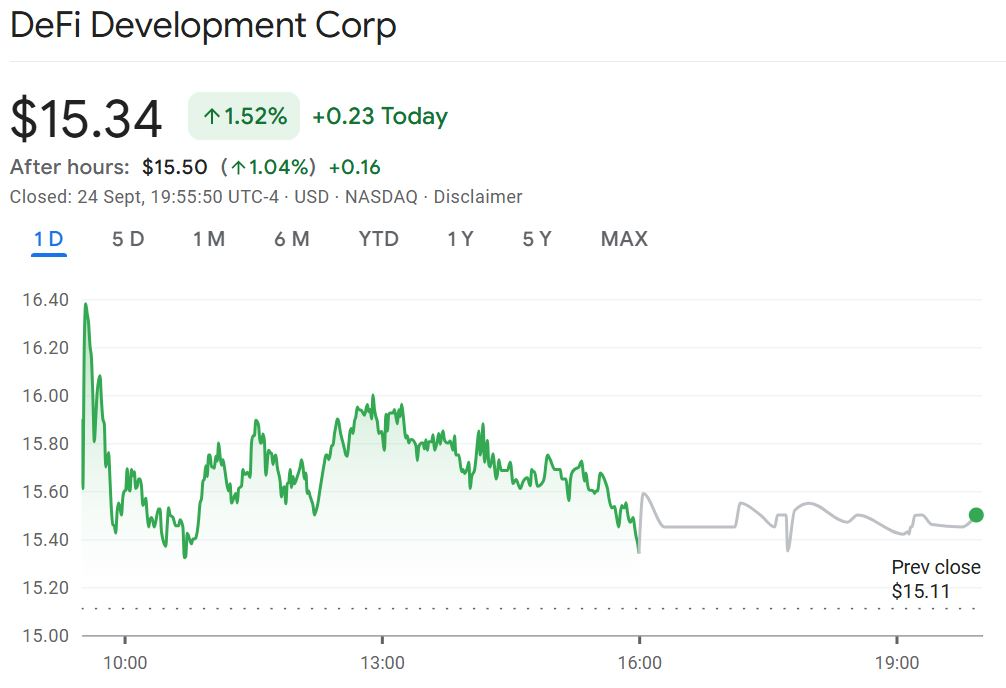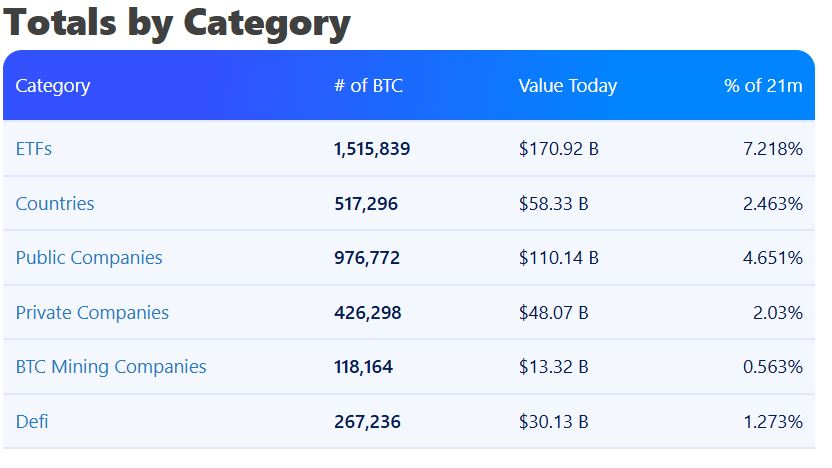Crypto Treasury Share Buybacks Ignite High-Stakes ’Credibility Race’ Among Blockchain Giants
Blockchain projects are weaponizing their treasuries in a bold new credibility war.
The Buyback Arms Race
Major protocols now deploy treasury reserves for aggressive token buybacks—creating artificial scarcity while signaling financial strength. These moves pressure competitors to follow suit or risk appearing financially unstable.
Market Mechanics Unleashed
Buybacks immediately reduce circulating supply, potentially boosting token values. But the real game involves perception management—demonstrating treasury depth while creating positive price momentum.
Transparency Trade-Offs
Some projects flaunt buyback amounts like Wall Street quarterly reports. Others maintain crypto-native opacity—leaving investors guessing about actual treasury movements. Both approaches carry distinct risks in this new credibility contest.
As traditional finance still struggles with basic blockchain accounting, crypto treasuries evolve into strategic weapons—proving sometimes the best investment is buying back your own hype.

DeFi Development Corp experienced a 8% rise after expanding its share repurchase from $1 million to $100 million. Source: Google Finance
The gains come after Coinbase's head of research, David Duong, and researcher Colin Basco predicted in a Sept. 10 report that crypto-buying public companies are entering a “player vs player” era to compete harder for investor money.
Treasury race is becoming about credibility
Speaking to Cointelegraph, Ryan McMillin, chief investment officer of Australian crypto investment manager Merkle Tree Capital, said the stock buybacks are a sign the crypto treasury race is starting to become a “credibility race.”
“It’s no longer enough to say ‘we hold Bitcoin.’ Investors want professional capital allocation — buybacks, dividends, clear treasury strategies,” he said.
“The fusion of corporate finance tools with the digital-asset narrative is powerful. It signals these companies want to be judged not just on Bitcoin exposure, but on shareholder returns.”
Buybacks are also a sign of confidence
Not all crypto treasury companies with buyback promises have benefited, though. TON Strategy Company, previously known as Verb Technology Company, made a similar MOVE on Sept. 12, but its stock (TONX) didn’t react positively and declined 7.5%.
McMillin said share buybacks represent a “classic signal of confidence,” when a company thinks its stock is undervalued, which matters for listed crypto-treasury companies because “their valuations often swing at a premium or discount to their bitcoin holdings (mNAV).”
“A buyback can tighten that gap by reducing float and showing discipline — which investors reward. The price can also move as traders look to front-run a decent volume of demand. Buying more Bitcoin increases exposure to volatility,” he said.
“A buyback, on the other hand, boosts shareholder value directly, while still leaving the crypto treasury story intact. It also appeals to a broader investor base — some want the Bitcoin narrative, others want capital discipline. A well-timed buyback balances both.”
Crypto treasury race is about Dollar vs Bitcoin
Meanwhile, Kadan Stadelmann, chief technology officer of the blockchain-based Komodo Platform, told Cointelegraph that when a company uses cash reserves to buy back shares, there are fewer available for the general public, which leads to scarcity and upward pressure on the price.
“The crypto treasury companies are competing to see which can create the most enticing crypto treasury structure, but what we are seeing is hyperbitcoinization, which is a FORM of de-dollarization—Bitcoin versus the dollar,” he said.
Crypto asset treasuries not going away anytime soon
Bitbo is tracking companies that have added Bitcoin to their balance sheets, which hold over 1.4 million coins, representing about 6.6% of the total supply.

Companies holding Bitcoin have over 1.4 million coins. Source: Bitbo
Michael Saylor’s company, Strategy, is the frontrunner with 638,985 Bitcoin and continues to make regular purchases. Some analysts have said the crypto-buying companies market is oversaturated and not all will survive long-term.
Stadelmann said he doesn’t think “The phenomenon of crypto asset treasuries” will slow anytime soon, though, because an “increasing number of companies will allocate part of their treasuries into Bitcoin and other crypto assets, including Fortune 500 companies.”
“A big question for investors is which companies are most likely to hold onto their Bitcoin through thick and thin, rather than sell amid bear markets or panics.”

